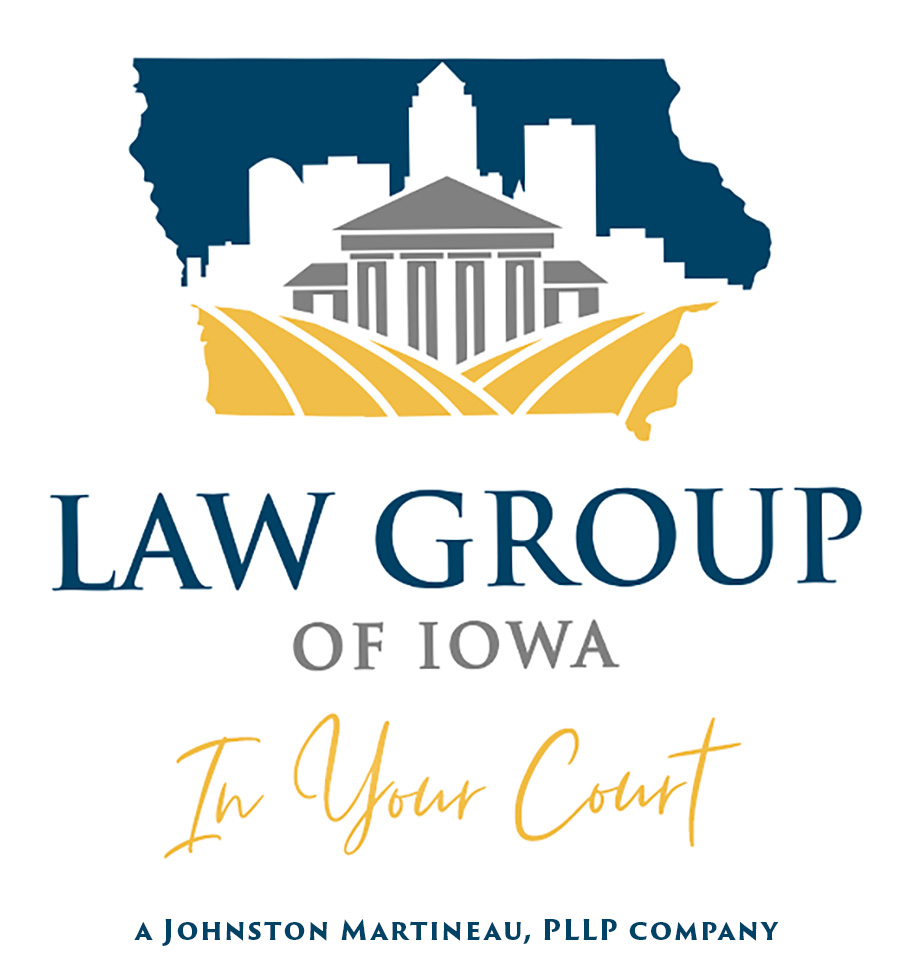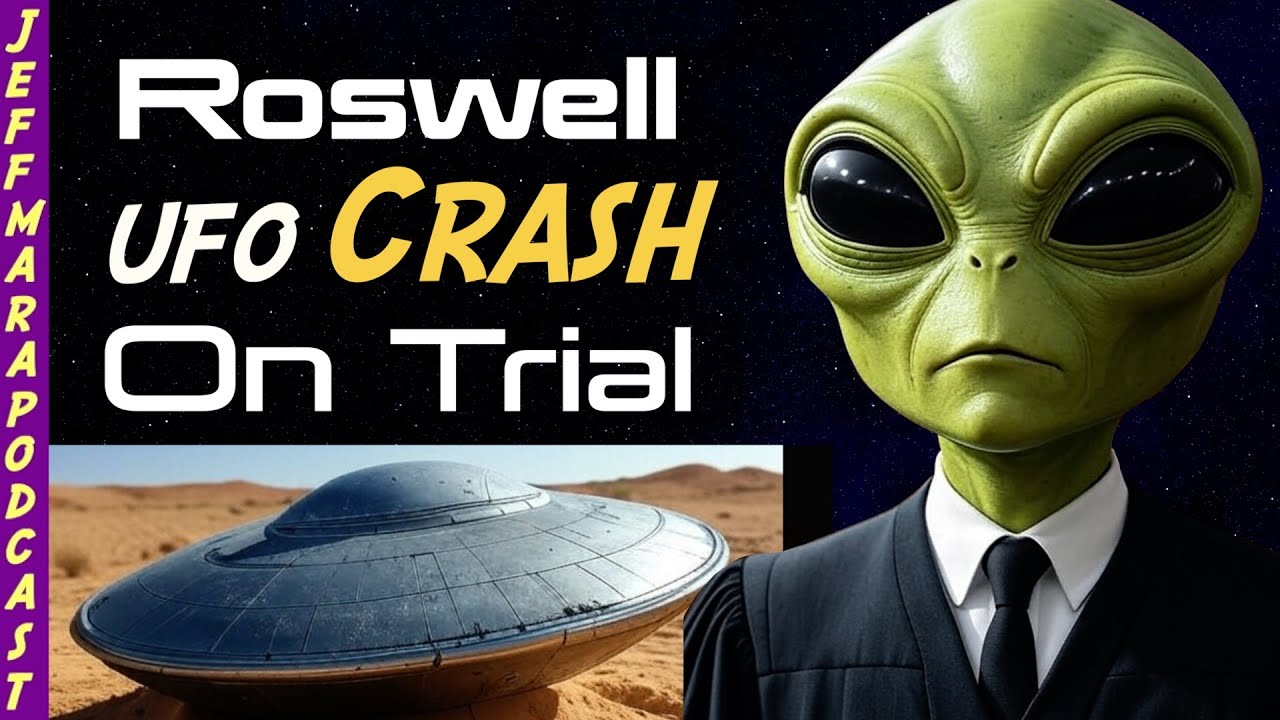Putting Roswell on Trial: A Legal Look at UFO Evidence and Government Claims
Few stories have held public fascination like the Roswell incident of 1947. The official explanation from the U.S. military at the time described it as a downed weather balloon. Decades later, others claimed something far more extraordinary—a recovered craft not from Earth. But what if we treated Roswell not as a mystery, but as a legal case? Trial attorney Christopher Johnston did exactly that. Using a courtroom framework, he explored the incident through the lens of evidence, testimony, and cross-examination.
How courtroom structure changes the conversation
In legal practice, we rely on procedure to separate fact from theory. Johnston, who also has academic experience in space law and astrobiology, applied this to the Roswell case in his book Roswell: The Truth on Trial. He replaced the usual court parties—plaintiff and defendant—with two camps: believers and skeptics. Each side presents its case through sworn testimony, most of it sourced from interviews and affidavits made over the decades by direct witnesses.
Rather than declaring a verdict, Johnston allows the reader to serve as the jury. It’s an approach that reframes the conversation from speculation to evaluation, putting the responsibility of judgment in the hands of the audience. This model mirrors how we work through disputed claims in legal settings—reviewing facts, testing credibility, and identifying bias.
Reviewing the strongest witness testimony
The most compelling early testimony comes from Mack Brazel, the rancher who first discovered the debris. Brazel’s statements are consistent and lack personal or financial motive. According to him, the material he found was unlike anything he had seen before. He described it as highly unusual, almost indestructible. He brought the material to a neighbor, Loretta Proctor, who confirmed parts of his account.
In a courtroom, witnesses like Brazel are invaluable—credible, neutral, and consistent over time. His lack of exaggeration actually adds weight to his testimony. Importantly, he did not claim to see any bodies or extraterrestrial elements, which separates his observations from later, more sensational claims.
Exploring inconsistencies in government accounts
On the other side, we have figures like General Roger Ramey, a high-ranking military official who initially acknowledged a “flying disc” had been recovered, only to later walk back the statement and replace it with the weather balloon narrative. From a trial perspective, this reversal introduces credibility issues. While Ramey brought official authority and experience, changes in his story would be carefully examined under cross-examination in any real legal setting.
Further complicating matters are affidavits submitted years later by other military personnel, such as Walter Haut, whose statements evolved to include the existence of alien bodies. In court, testimony that shifts significantly over time often draws questions about reliability and motive.
Applying legal thinking to public evidence
One of the key takeaways from Johnston’s work is the value of structured thinking. By viewing each piece of testimony as admissible or inadmissible, based on when it was made and under what conditions, we can better assess what holds weight. In today’s information-heavy environment, this approach is more useful than ever.
Public discussions about UFOs—whether in media, congressional hearings, or online forums—often lack the structure that legal thinking brings. Legal professionals are trained to sift through hearsay, ask who benefits from each version of the story, and focus on what can actually be proven. These same methods can be applied to claims far outside the courtroom, including the enduring questions around Roswell.
Why a trial-based approach matters
Whether or not one believes in the UFO interpretation of Roswell, evaluating the event through legal process encourages clear reasoning. It shifts the focus from belief to analysis. When we treat even unusual subjects seriously and apply methods of accountability, we can avoid being misled—by governments, witnesses, or even our own assumptions.
At Law Group of Iowa, we believe that thoughtful examination matters, no matter the topic. The truth deserves a fair hearing—whether it’s a personal injury case or a historical mystery. If you’re looking for legal support grounded in facts, clarity, and careful consideration, contact us today.





